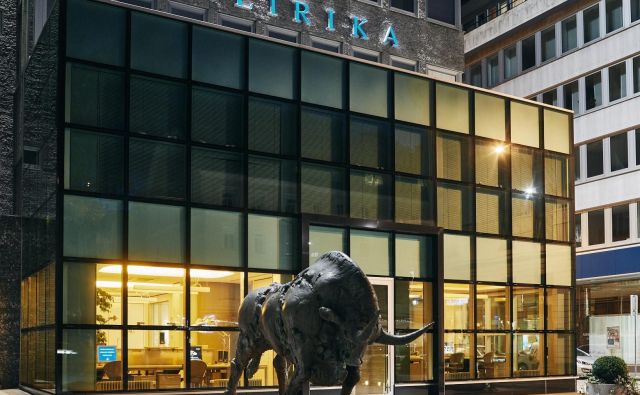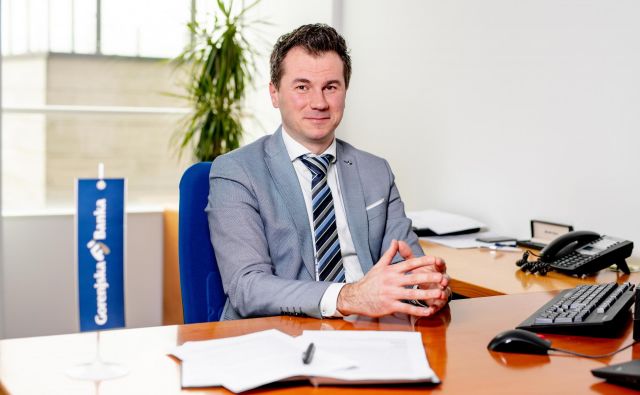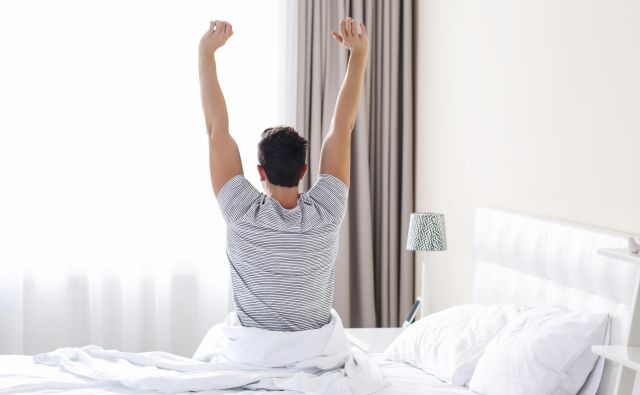But when Cuba legalizes buying and selling by the end of the year - as the government promised again recently - José and many others expect a cascade of changes.
"There's going to be huge demand," said José, 36, who decl ined to give his last name. "It's been prohibited for so long." Private property is the nucleus of capitalism, so the plan to legitimize it here strikes many Cubans as shocking.
Most people expect onerous regulations, and the plan outlined by the state media would suppress the market by limiting Cubans to one home or apartment and requiring full-time residency. Yet even with some state control, experts say, property sales could transform Cuba more than any of the economic reforms announced by President Raúl Castro's government.
The opportunities for profits and loans would be far larger than what Cuba's small businesses offer, experts say,
potentially creating the disparities of wealth that have accompanied property ownership in places like Eastern Europe and China.
Havana may be in for a move back in time, to when it was a more st ratified city. "There will be a huge rearrangement," said Mario Coyula, Havana's director of urbanism and architecture in the 1970s and '80s.
"Gentrificat ion will happen." Broader effects could follow. Sales would encourage much-needed renovation, creating jobs. Banking would expand because, under newly announced rules, payments would come from buyers' accounts. The government, which owns all property now, would hand over homes and apartments to their occupants in exchange for taxes on sales - impossible in the current swapping market where money passes under the table.
And then there is the role of Cuban emigrants. While the plan seems to prohibit foreign ownership, Cuban-Americans could take advantage of Obama administration rules letting them send as much money as they like to relatives on the island, fueling purchases and giving them a stake in Cuba's economy.
"There's always money coming in from Miami," said Gerardo, a Havana broker who withheld his full name. "The
Cuban in Miami buys a house for his cousin in Cuba and when he comes here in the summer for a couple of months, he stays in that house."
According to the United States Treasury Department, deals or investments with Cubans are prohibited. But the rules are unclear in pract ice. Family transactions seem to be expanding with the tacit approval of the
White House.
The rate of change, however, will likely depend on compl icat ions pecul iar to Cuba. There are no vacancies in Havana, Mr. Coyula pointed out. One recent study, by Sergio Díaz-Briquets, a Washington-based demography expert, found that Cuba has a housing deficit of 1.6 million units. The government says the number is closer to
500,000, st i l l a serious problem.
But despite reassurances, many seemed wary of the government's promise to let go.
There is also a question of how buyers and sellers will come together. Classified listings are illegal in Cuba, which
explains why brokers like José spend their days moving through bazaars with notebooks listing apartments offered or desired.
He already has two employees, and he expects to hire more. "We have to get coordinated," he said. "It's coming."
 Tiskane izdaje
Tiskane izdaje























